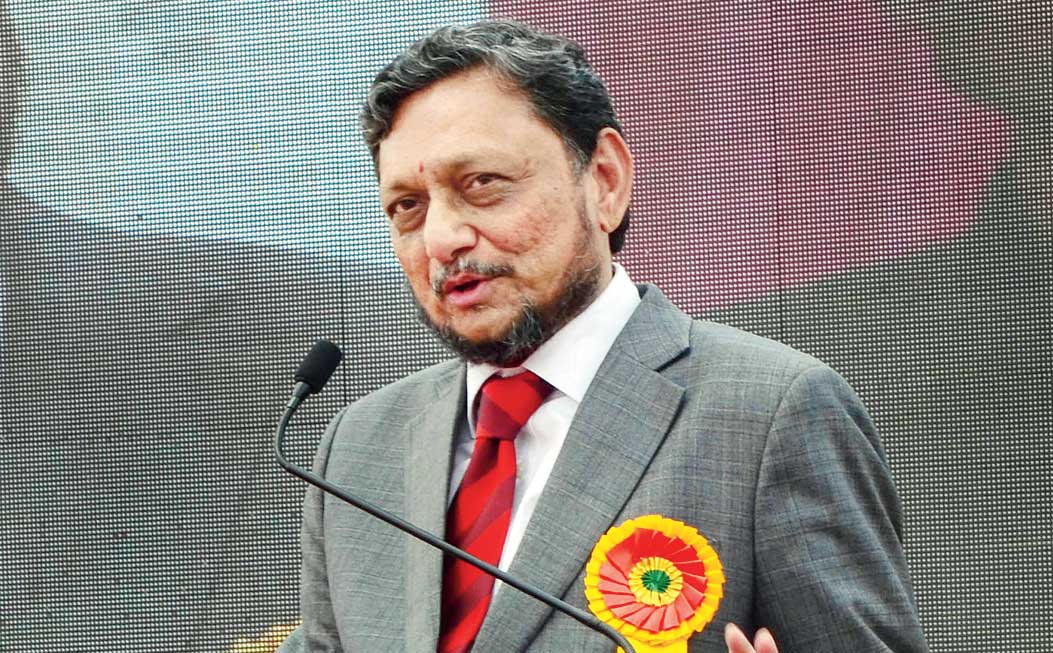Several legal experts have disagreed with Chief Justice of India S.A. Bobde’s oral observation on Monday that the Supreme Court was “not equipped to prevent” riots from taking place and that it could come into the picture only after such violence has happened.
While a former high court chief justice said the statement amounted to “some kind of abdication”, a senior advocate said such comments would only serve to “detract” from the top court’s “moral and constitutional authority”.
A former Supreme Court judge, however, said courts did have certain limitations but Justice Bobde could have put it in a more diplomatic way.
The Supreme Court had on Monday agreed to hear on Wednesday a plea to register FIRs against BJP leaders and others whose hate speeches have partly been blamed for the Delhi riots that have claimed 48 lives so far.
But CJI Bobde, who was heading the bench, added: “But you must understand we are not equipped to prevent such things from happening. We can only come into the scene after such riots have happened…. Court can never prevent such things.”
Justice Bashir Ahmad Khan, former chief justice of Jammu and Kashmir High Court, said such an observation from the country’s highest court was “not expected”.
Justice Khan said the top court had on a number of occasions used its extraordinary powers under Article 142 to pass directives to render justice and the same power could be exercised to direct that an FIR be registered.
“How can he say we are powerless? The Supreme Court is the highest court of the country. It has to rise to the occasion if people’s rights are being violated.
“It amounts to some kind of abdication. It should not be seen as timidity of the highest court,” Justice Khan told The Telegraph.
“The Supreme Court is the highest court in the country. It is the custodian of the citizens’ fundamental rights.”
Justice Khan recalled that in 2005, when he was the chief justice of Jammu and Kashmir, the judiciary had stepped in to provide relief and rehabilitation measures to lakhs of people affected by a severe earthquake, though it was not the role of courts to discharge such executive function.
“I could make no sense of the Hon’ble CJI’s observation…. I could also not understand what kind of equipment His Lordship wanted to consider a victim’s prayer for registration of an FIR which is otherwise compulsorily registrable on commission of a cognisable offence and which even magistrates do day in and day out,” Justice Khan said.
“Earlier also His Lordship is reported to have told a petitioner (to stop violence) before a hearing could be granted… ignoring that it was the constitutional duty of his court to grant hearing to an aggrieved party, irrespective of the merit of his grievance.
“Such observations coming from the head of the country’s judiciary only go to erode the public faith in an institution which is the custodian of the Constitution and the people’s rights. These also present the image of a timid and weak judiciary… Or is it a case of avoidance if not abdication of a constitutional duty?”
Former Union law minister and senior advocate Ashwani Kumar said: “The Chief Justice’s reported lament that the highest court was not
‘equipped to handle pressure’ and that it cannot prevent events which impinge on the citizens’ fundamental right to life, liberty and dignity, detract from the highest court’s moral and constitutional authority.”
The Chief Justice of India is the highest judicial authority in the country and cannot suggest helplessness in the discharge of duty, he added.
“Constitutional courts as keepers of the constitutional conscience are expected to rise in defence of the Constitution. Perceived diminution of their role and subjectivity in judicial decision-making will have far-reaching consequences for the future of our constitutional democracy.”
Former Supreme Court judge Justice Santosh Hegde, known for his liberal views, said courts did have certain limitations in dealing with such situations as it was for the executive to rise to such occasions.
“Maybe, the Chief Justice of India could have put the issue in a more diplomatic way. However, we must understand that courts cannot direct the legislator to enact any law. It can only examine the validity of a law.
“Similarly, courts cannot direct the police to register an FIR without any prima facie material placed before them. It is the duty of the intelligence agency and the law and
order machinery to prevent such incidents,” Justice Hegde said.
The former Supreme Court judge also pointed out that the top court had in a series of related decisions held that “courts cannot direct the investigating agency to investigate the case in any particular manner”.
“It is the duty of the investigating agency. If the investigations are not done properly, the court can order reinvestigations or further investigations,” Justice Hegde said.











